New national qualifications for Indigenous health workers
Current topicThe following information has been adapted from the Community Services & Health Industry Skills Council website and PARTYline (newsletter of the National Rural Health Alliance).
The Community Services and Health Industry Skills Council, the peak body for the health and community services industries, was contracted by the Australian National Training Authority (ANTA) to develop new national qualifications for Aboriginal Health Workers and Torres Strait Islander Health Workers. The State Training Authority passed the new qualifications in a review in December 2006; they were referred to the National Quality Council for endorsement. Following endorsement State, Territory and Commonwealth Training Ministers were required to sign-off on the qualifications which are now available for implementation.
One of the major roles of the Community Services and Health Industry Skills Council (ISC) is development of the national industry qualifications in the HLT07 Health Training Package which includes 85 qualifications. The package, which recently underwent review, includes eight qualifications at several levels, covering the roles of Aboriginal Health Worker and Torres Strait Islander Health Worker. This is the first time the package has included these roles and the health worker qualifications include career pathways from Certificate II to Advanced Diploma level. Beyond Certificate II and III level qualifications are two streams of qualifications from Certificate IV: Practice and Community Care. The Practice stream covers clinically orientated roles and the Community Care stream covers community-orientated roles.
The new package will provide improved career pathways for Aboriginal health workers and Torres Strait Islander health workers within Aboriginal and Torres Strait Islander health work and the broader health industry.
- For further information:
- The Community Services and Health Industry Skills Council
View information: Health Training Package
View information: Health Training Package launch - View information: Aboriginal and Torres Strait Islander Health Worker Project
View information on implementation workshops
View website: Community Services and Health Industry Skills Council - PARTYline newsletter
View newsletter
- The Community Services and Health Industry Skills Council
- Contact details:
- Community Services & Health Industry Skills Council Ltd., Level 7, 1 Oxford Street, Darlinghurst NSW 2010, postal address: GPO Box 9848, Sydney NSW 2001, ph: (02) 9263 3589, fax: (02) 9263 3599, email: admin@cshisc.com.au



